Early education is a form of introducing children to knowledge between the ages of 0 and 6. It is also learning, but this method brings children more interest and joy than constraint. coercion...
Activate and develop potential in children
At 9:15 a.m. on Thursday, Ms. Nguyen Thi Duyen's class (Shichida Education Institute, Nam Tu Liem, Hanoi) began. The class had 3 young students: Soc, 3 years old, Gau, 3 years old, and Mat, 3 years old. There were also 3 parents who went to school with their children.
According to her, the three children lined up in front of the classroom door. Then Ms. Duyen held each child's hand, instructed them to knock on the door, and invited them into the classroom.
The classroom is decorated in Japanese style. The tables and chairs used in this class are large, circular tables, with two cabinets placed on each side of the table. On the table are the children's name tags, hand-drawn by the teacher according to each child's preferences. As soon as they entered the classroom, Soc, Gau and Mat immediately recognized their name tags and sat in the order the teacher arranged them.
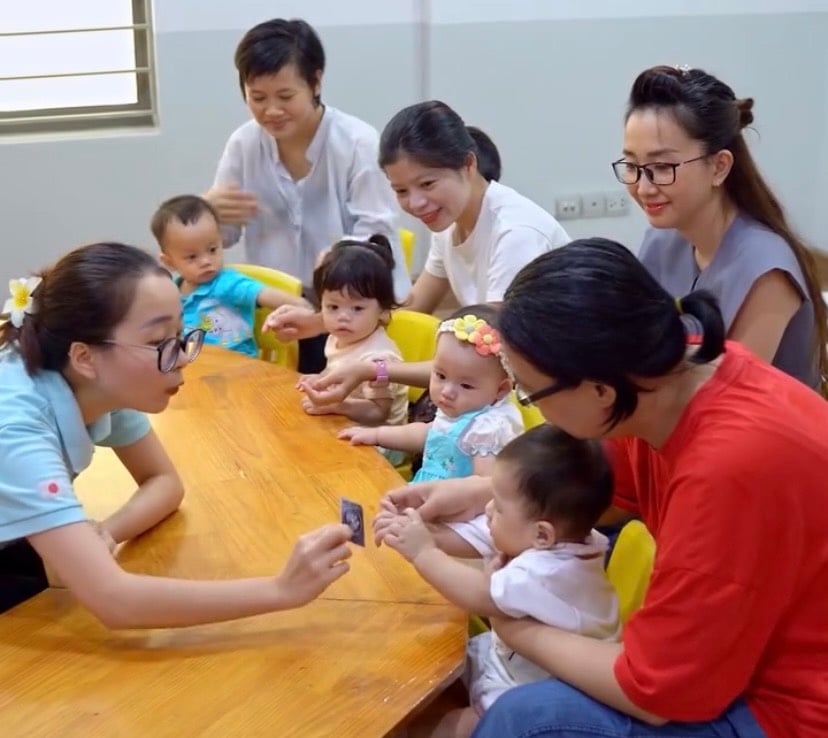
Parents accompany their children during class time
The lesson began with listening and singing along to music. This week's song was "Hickory Dickory Dock" with a lively melody and simple lyrics. The children enthusiastically clapped their hands and sang along to the rhythm set by Ms. Duyen.
The song ended, the children participated in the first activity of imagining "turning into rabbits". Under the guidance of the teacher, the three children immersed themselves in the world of imagination, passionately creating unique stories.
Continuing the lesson are activities to practice thinking such as puzzles, scooping beans, blue board, linking memory, taking pictures of 9 boxes, choosing other objects, listening to music and drawing rockets, tulips, etc. With language development activities, children listen to stories, read poems, and "learn" with the alphabet printed large and clearly. The three students were held by their mother, pointing to each letter and reading aloud after her.
One activity that the children were most interested in was watching the flashcards being flipped. It seemed that these were the most focused minutes of the whole lesson. The fast speed of the card flipping and the constantly changing images successfully attracted the attention of the little ones.
Ms. Duyen shared that each class like this will last about 55 minutes with about 30 activities. The activities focus on activating the child's 9 different sensory systems. An early education course at Shichida Institute consists of 11 sessions with a duration of 1 session per week. Each class will apply a systematic curriculum according to each week of the child's development.
The difference of "early education" lies in the focus on activating and developing the child's existing potential, maximizing the child's cognitive and emotional abilities. With "early education", parents apply this method from the time their child is an infant.
Up to now, in Vietnam, there have been many well-developed early education training facilities for children such as: Shichida Education Institute, Merbaby Academy, Yaki Special Education Center, EPEL Early Education Research and Development Center, etc.
Teaching both children and... adults
According to Associate Professor, Dr. Tran Thanh Nam - Head of the Faculty of Educational Sciences, University of Education, early education is an educational science about the brain, essentially the process of children learning everything around them. Therefore, early education begins in the womb, when the fetus fully develops its senses to receive all stimuli from the outside environment.
Education awakens the hidden and limitless potential of human beings, fosters the foundation of personality at the stage when human intelligence is most developed (the brain is developing) because the nature of early education is to give children an interesting life, but must be stimulated and trained appropriately to improve basic qualities.
Compared with other levels of education, "Early Education" not only focuses on imparting knowledge but also emphasizes the physical, social, emotional and cognitive development of children.
Ms. Bui Thi Thuy, Director of Shichida Nam Tu Liem facility, said: "When participating in early childhood education classes, children do not learn a specific subject such as Math, Literature, English, etc. or develop and hone life skills. In the early education method, focusing on brain development, nurturing the soul and will helps children develop non-cognitive skills through interaction."
One of the key teaching methods in "Early Education" is to turn games into learning opportunities and make these fun.
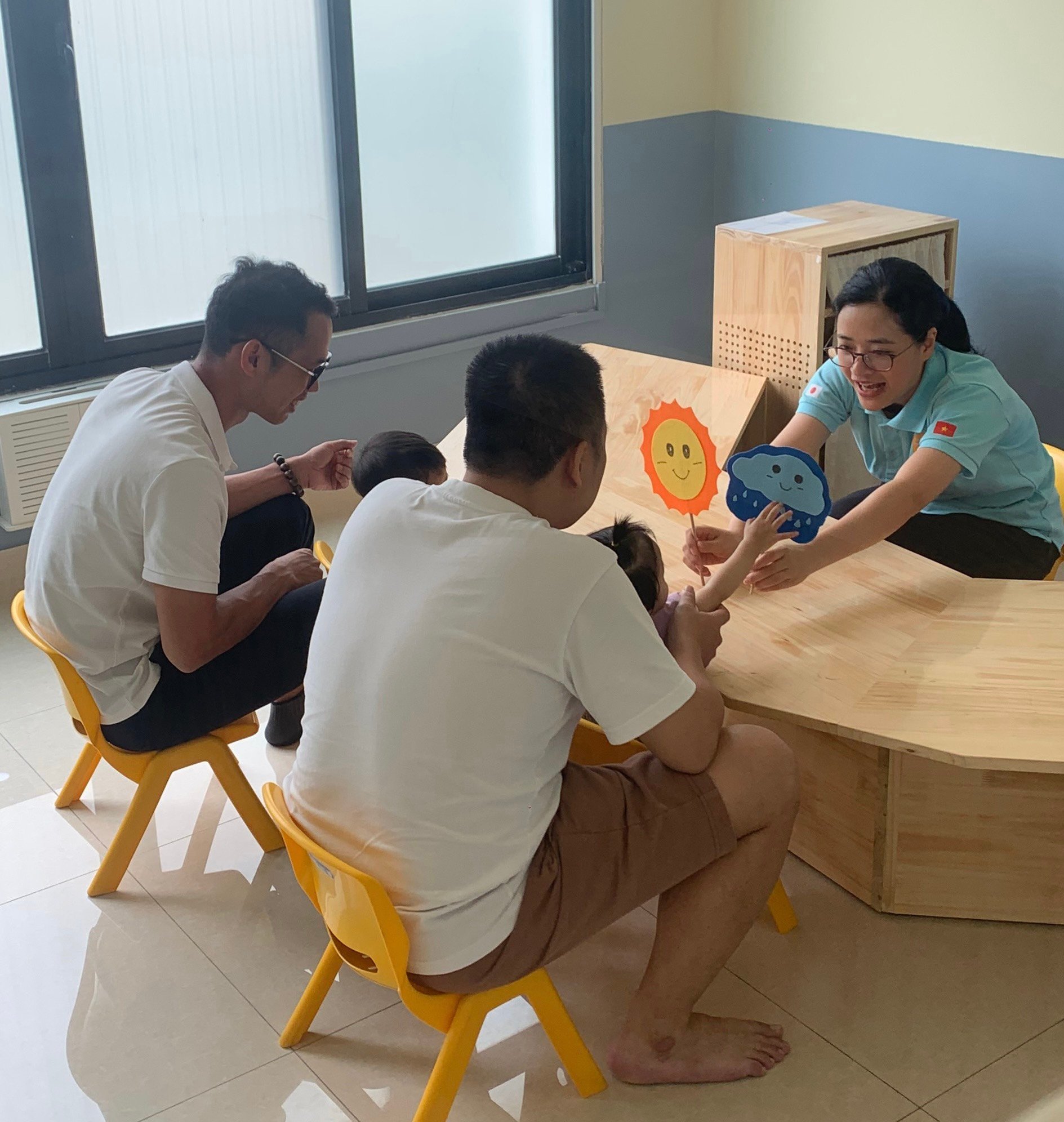
Fathers also "compete" to take their children to class.
Another special thing about early education classes is that in addition to the teacher, the father or mother will also accompany the child throughout the class. Classes like this not only help parents understand their children better but also help strengthen the emotional bond, creating an intuitive connection between children and parents.
Ms. Tran Thi Khanh Linh - teacher at Merbaby Academy Education Research and Training Center said that in addition to teaching in class, teachers will also move to teach at home.
The application of early education methods also needs to be based on the child's ability and cooperation. Teachers like Ms. Linh will be the ones to support and accompany parents in orienting educational methods according to each stage of their child's development.
Teaching children is difficult, helping parents overcome their own weaknesses in the process of raising their children to adulthood is even more difficult.
Source: https://phunuvietnam.vn/giao-duc-som-lop-hoc-tre-ngoi-lan-voi-phu-huynh-20240624094500087.htm








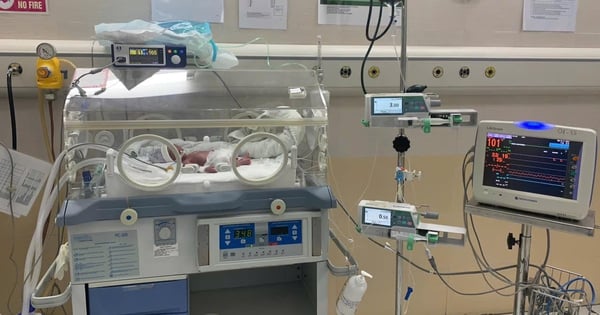



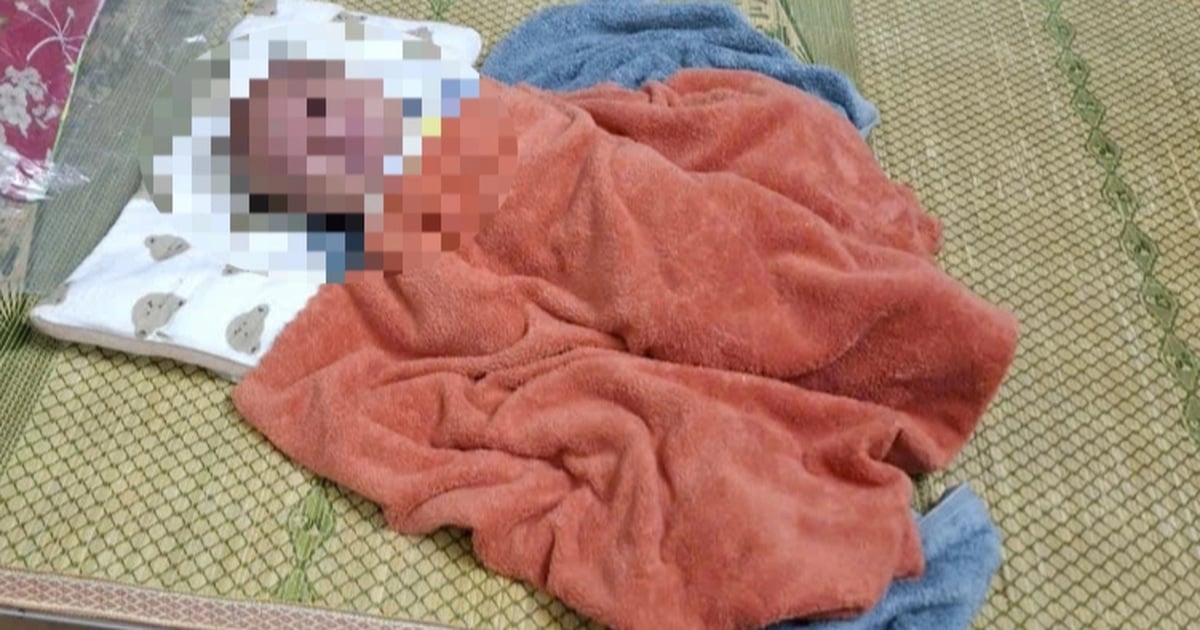


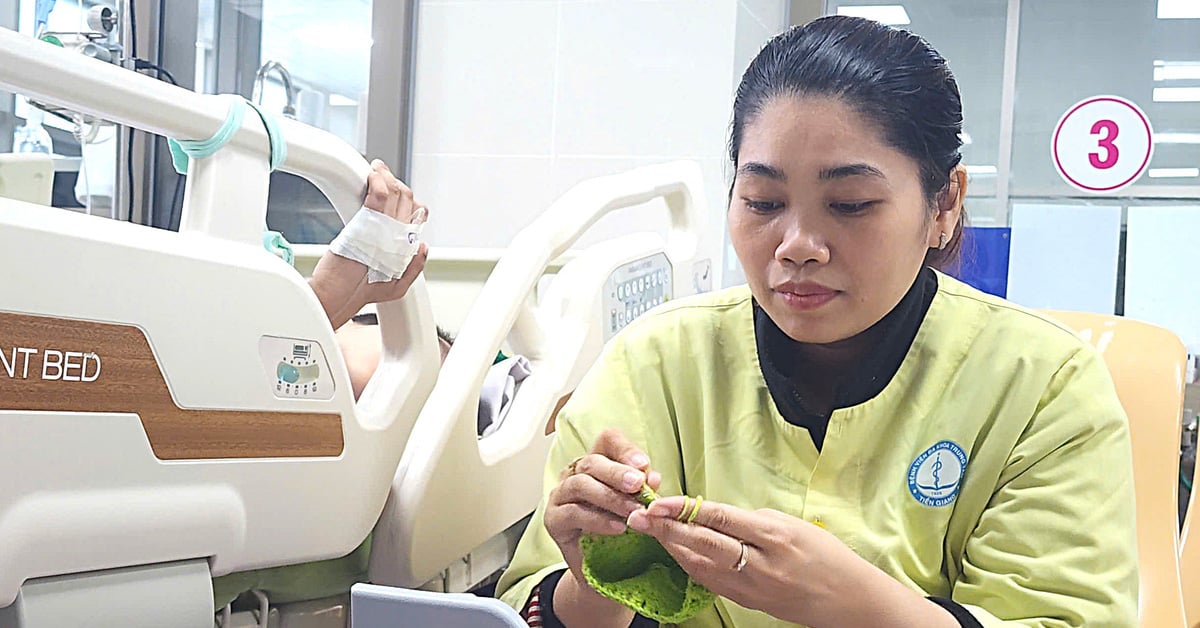

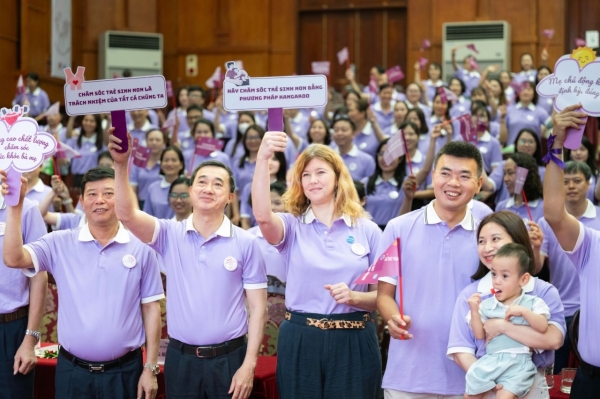

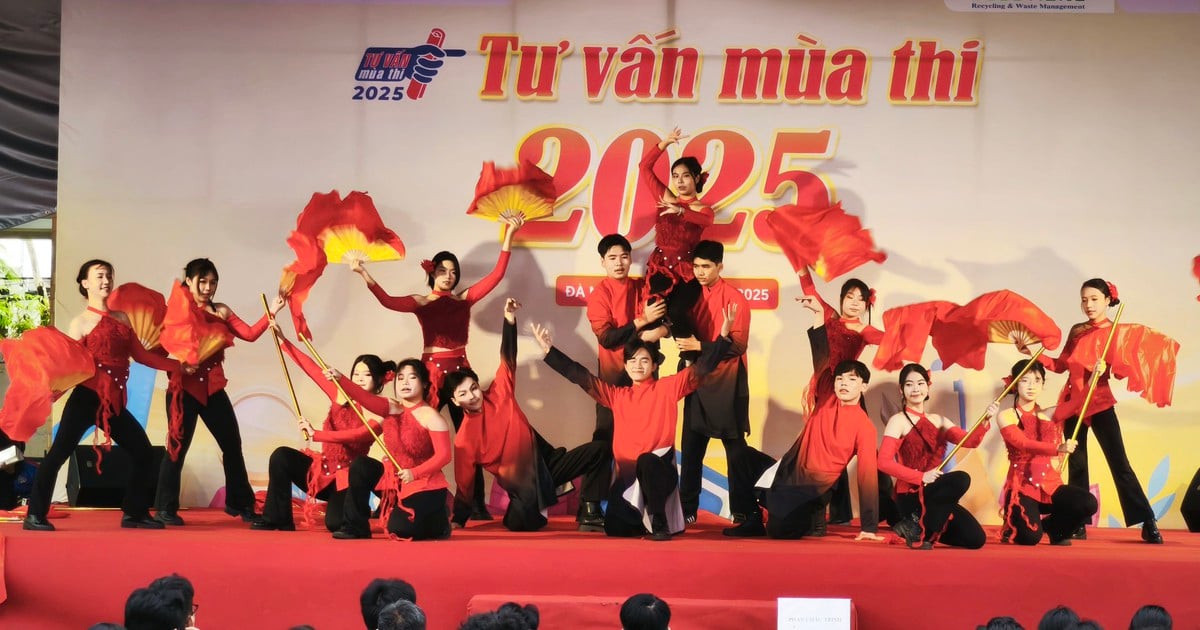
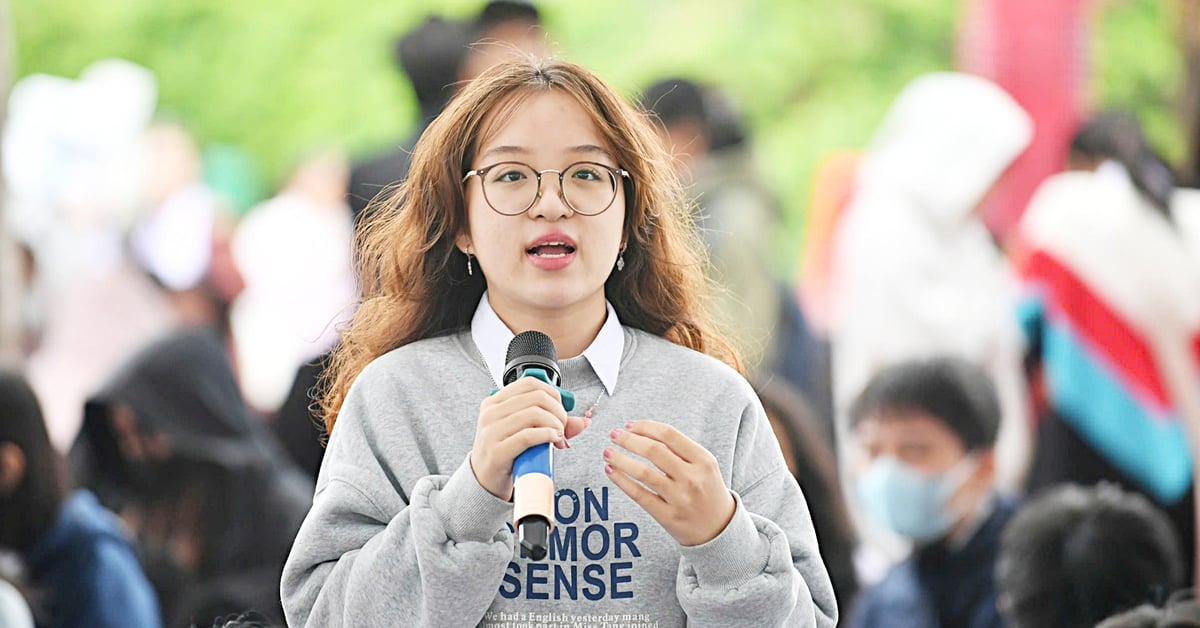

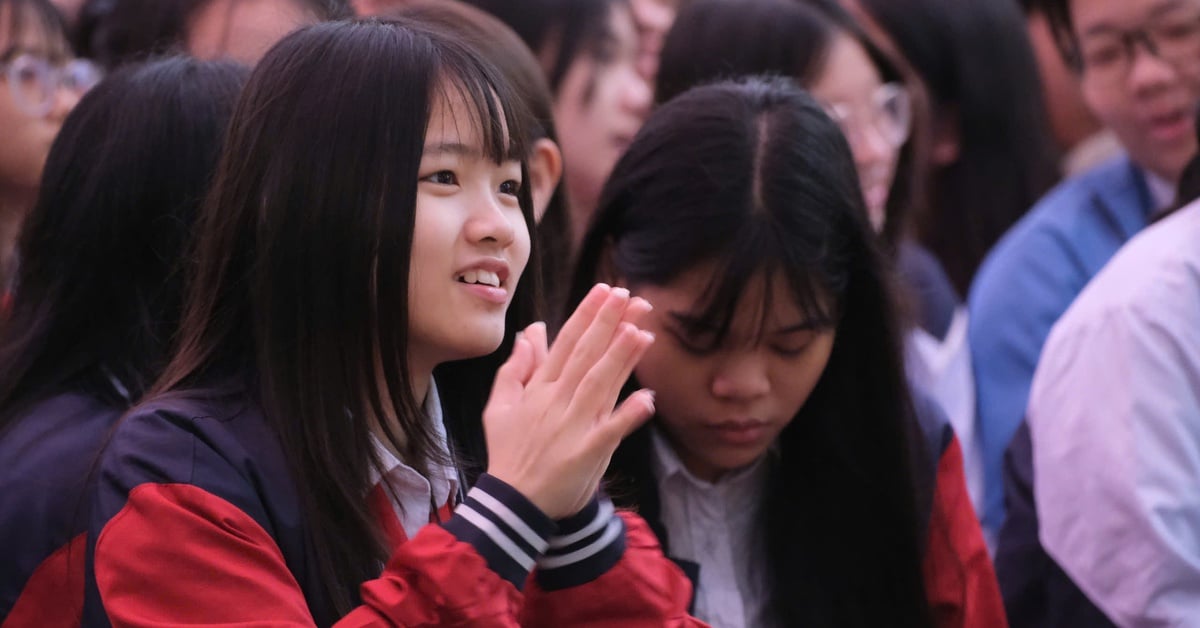
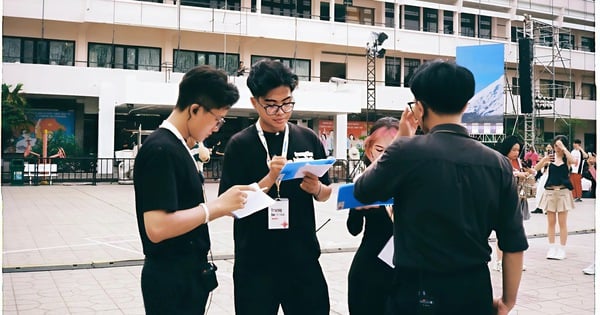

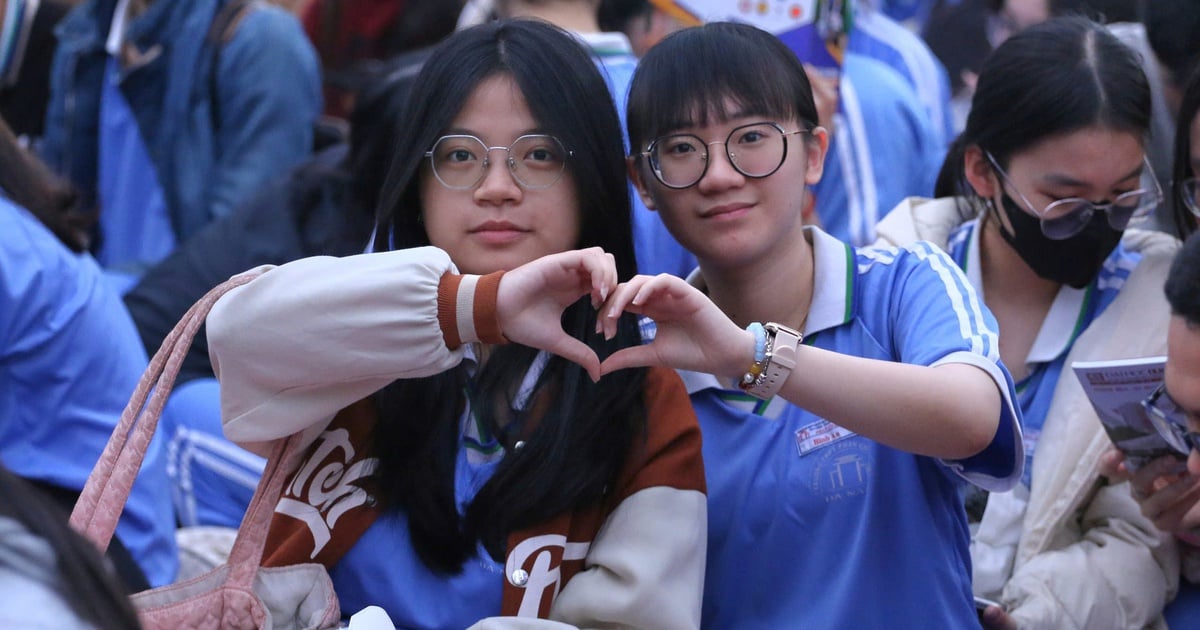
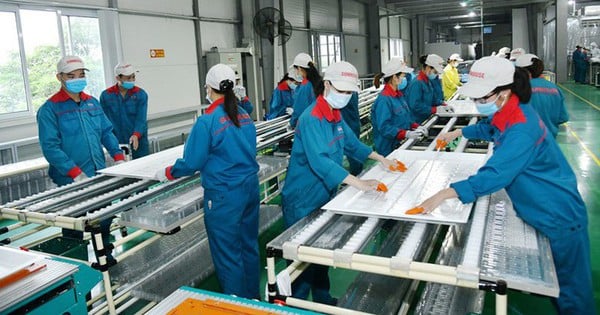

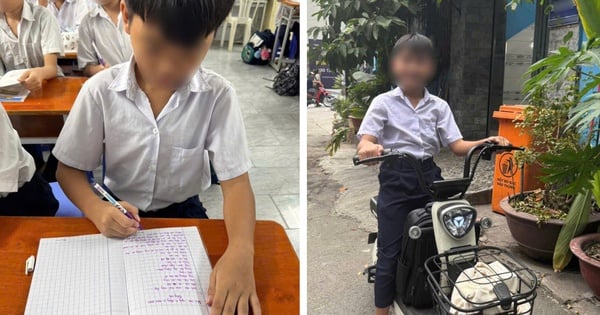
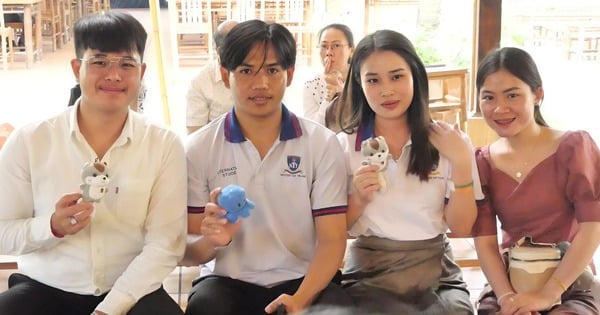
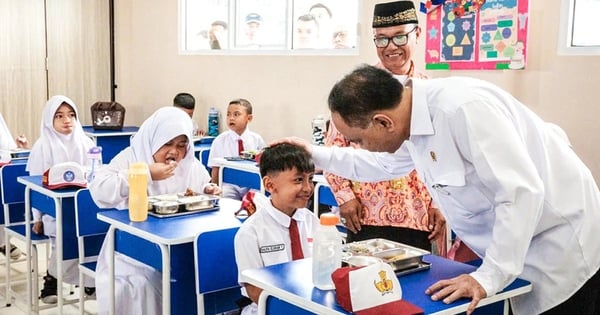
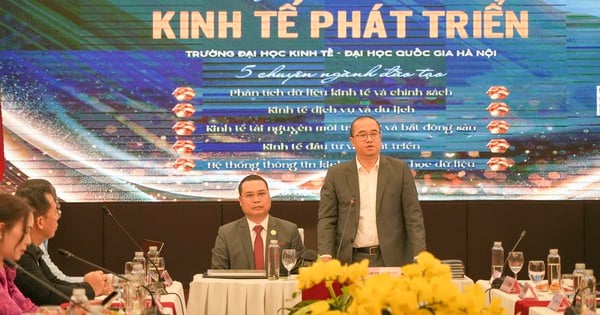







![[Photo] Prime Minister Pham Minh Chinh chairs Government Conference with localities on economic growth](https://vstatic.vietnam.vn/vietnam/resource/IMAGE/2025/2/21/f34583484f2643a2a2b72168a0d64baa)










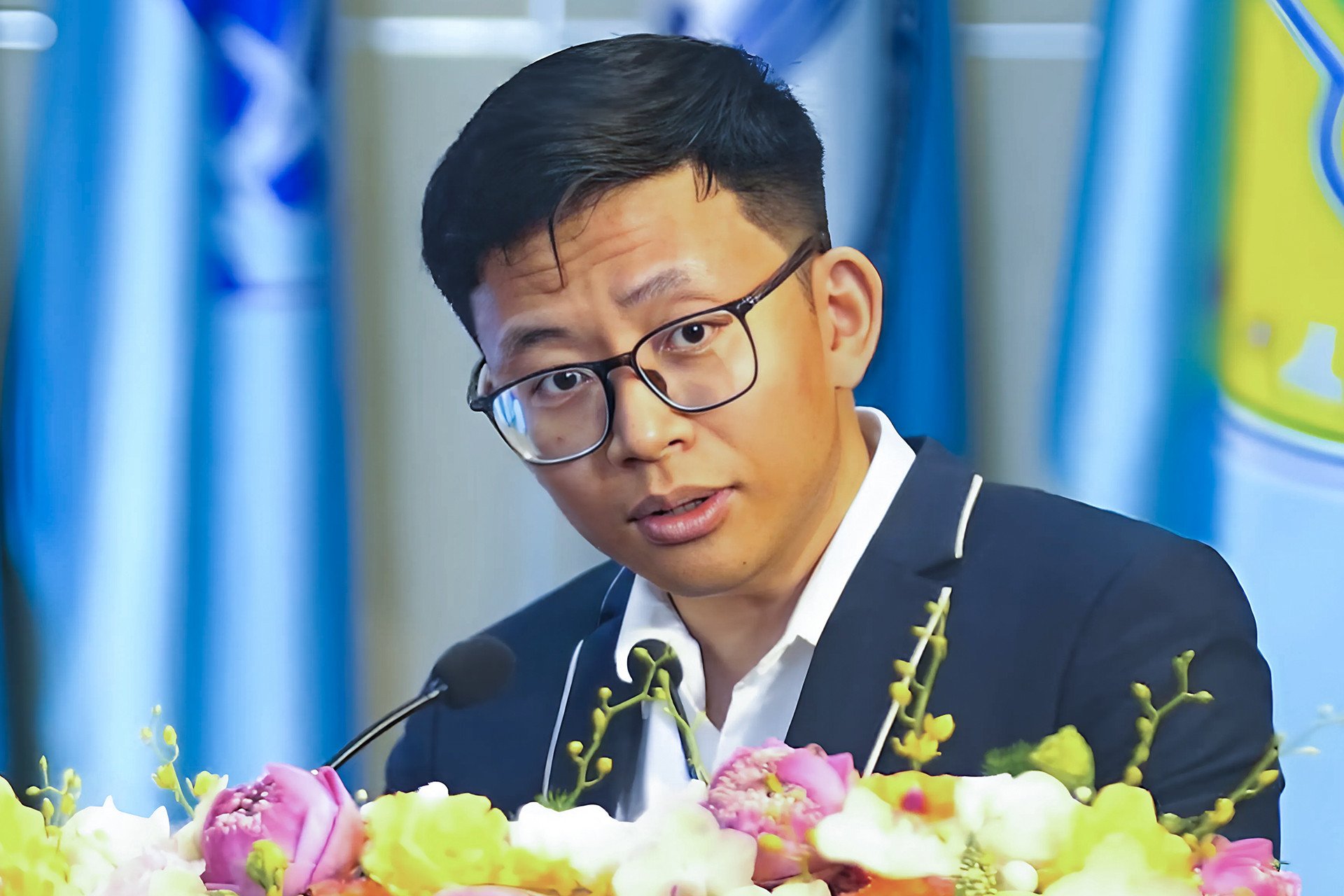

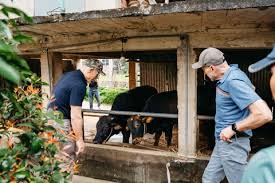
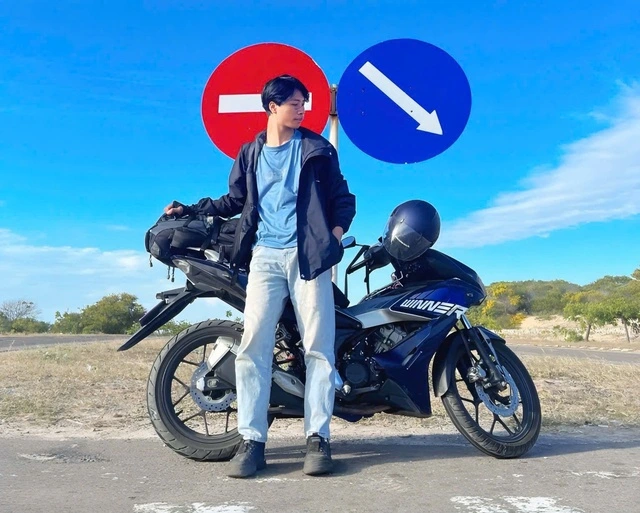
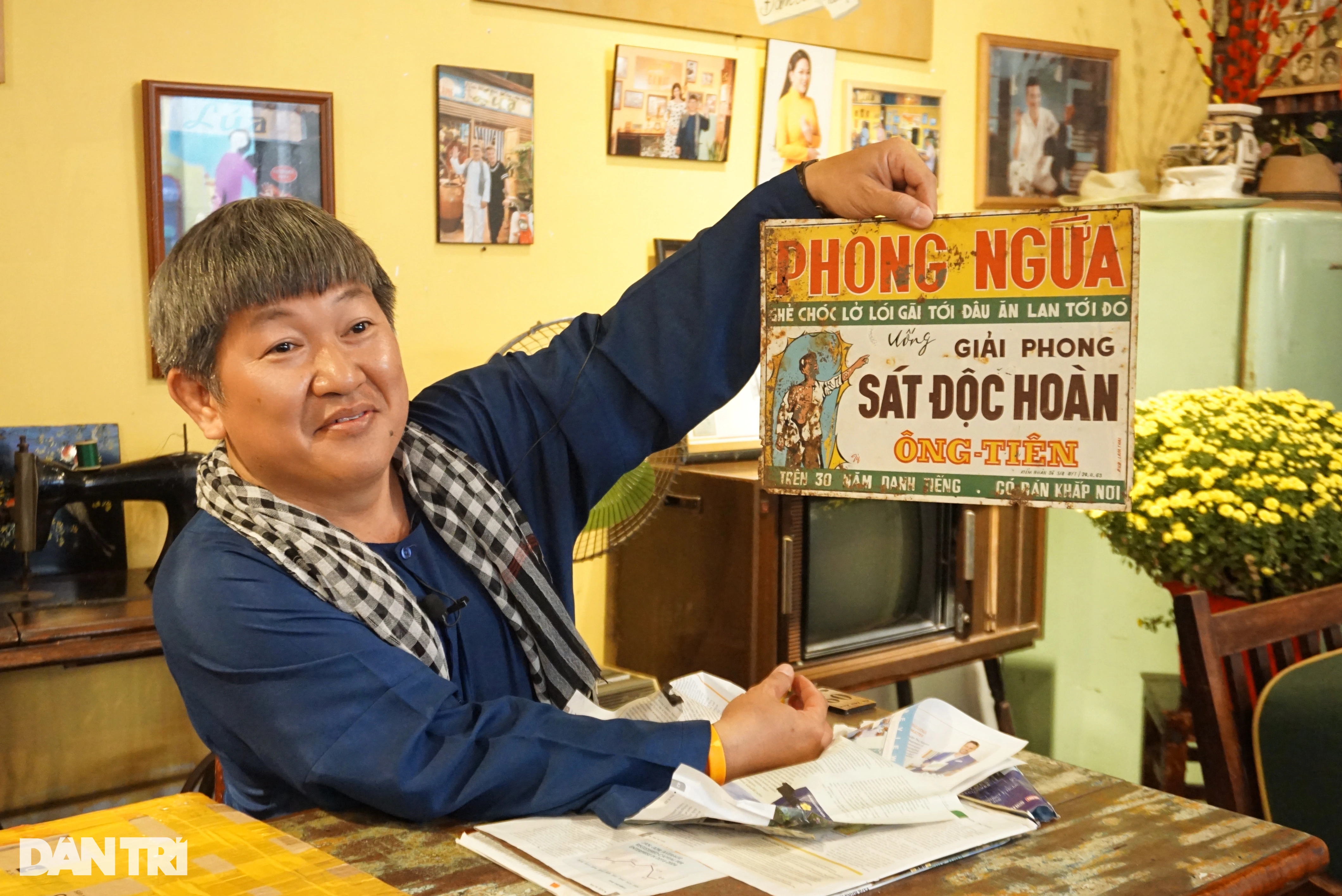












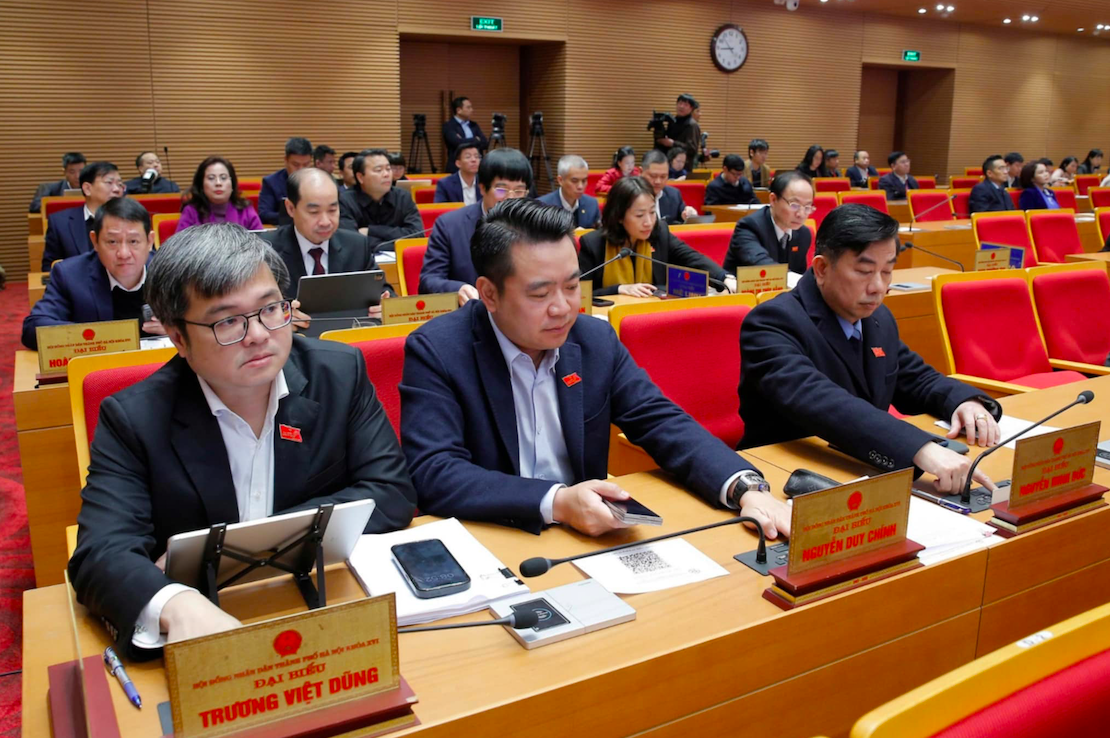
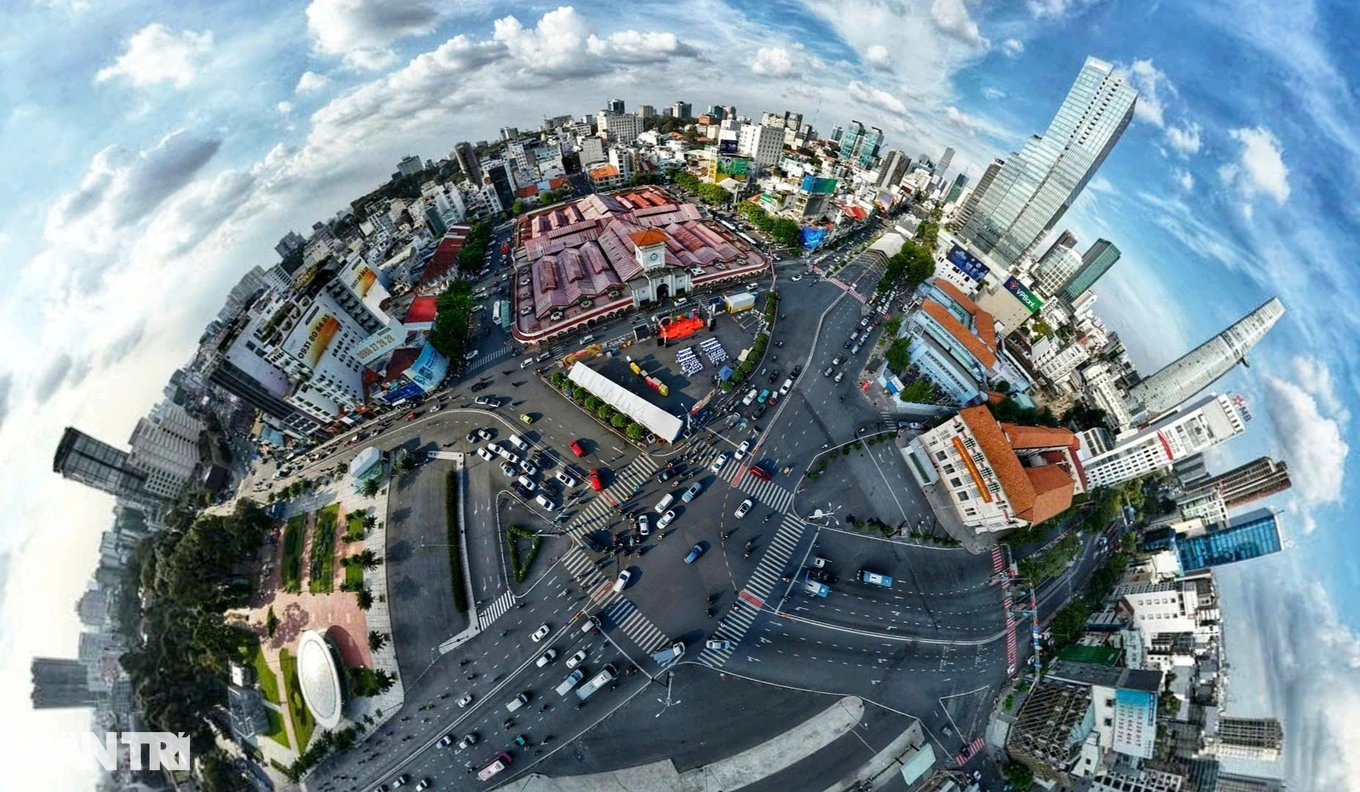
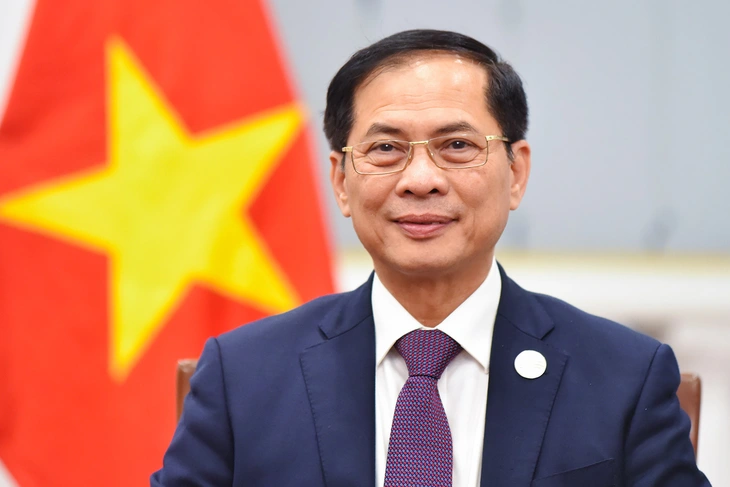
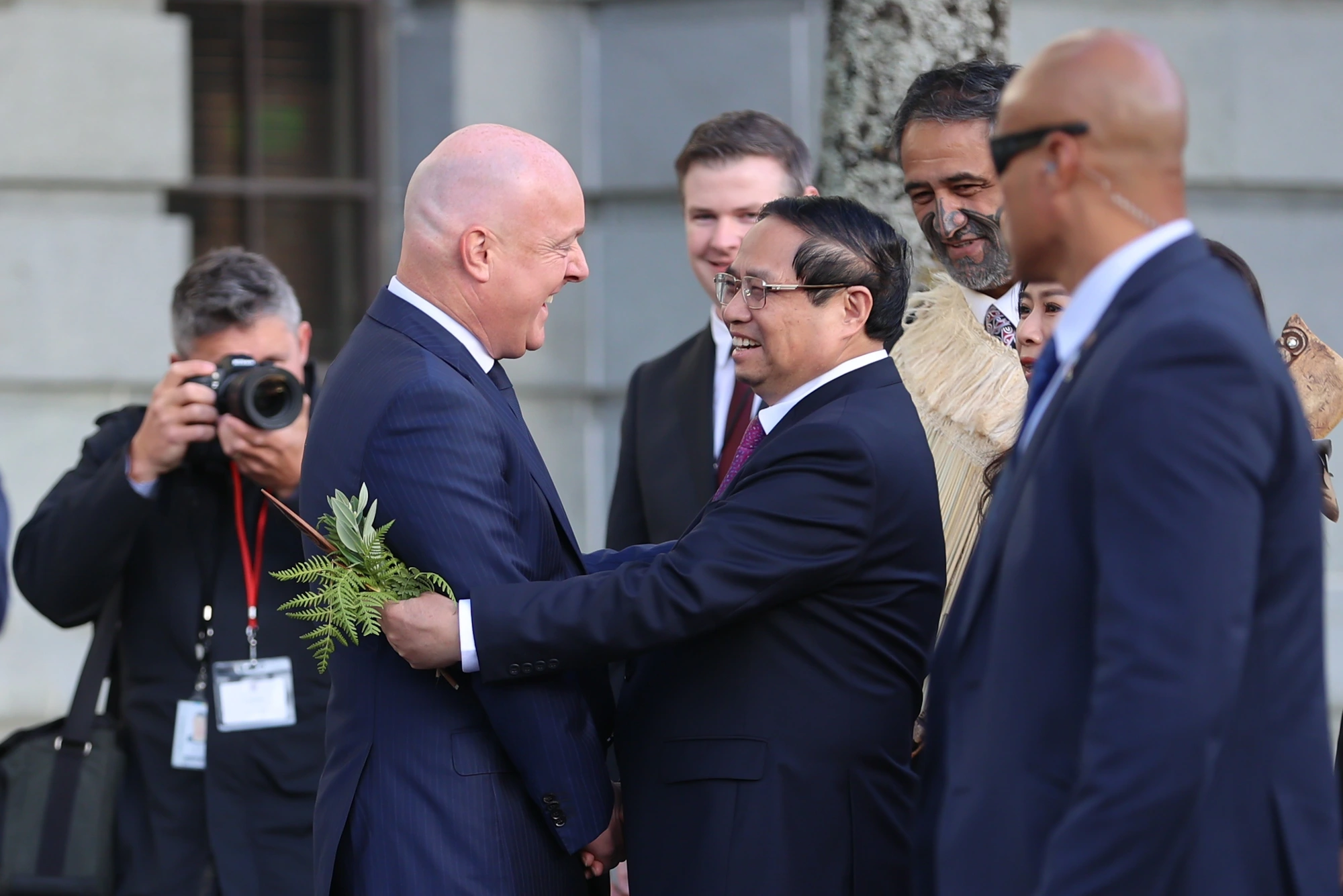
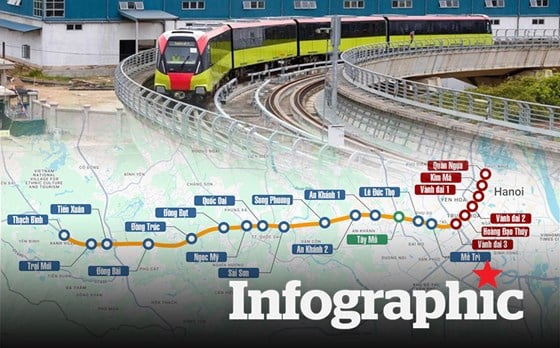



























Comment (0)